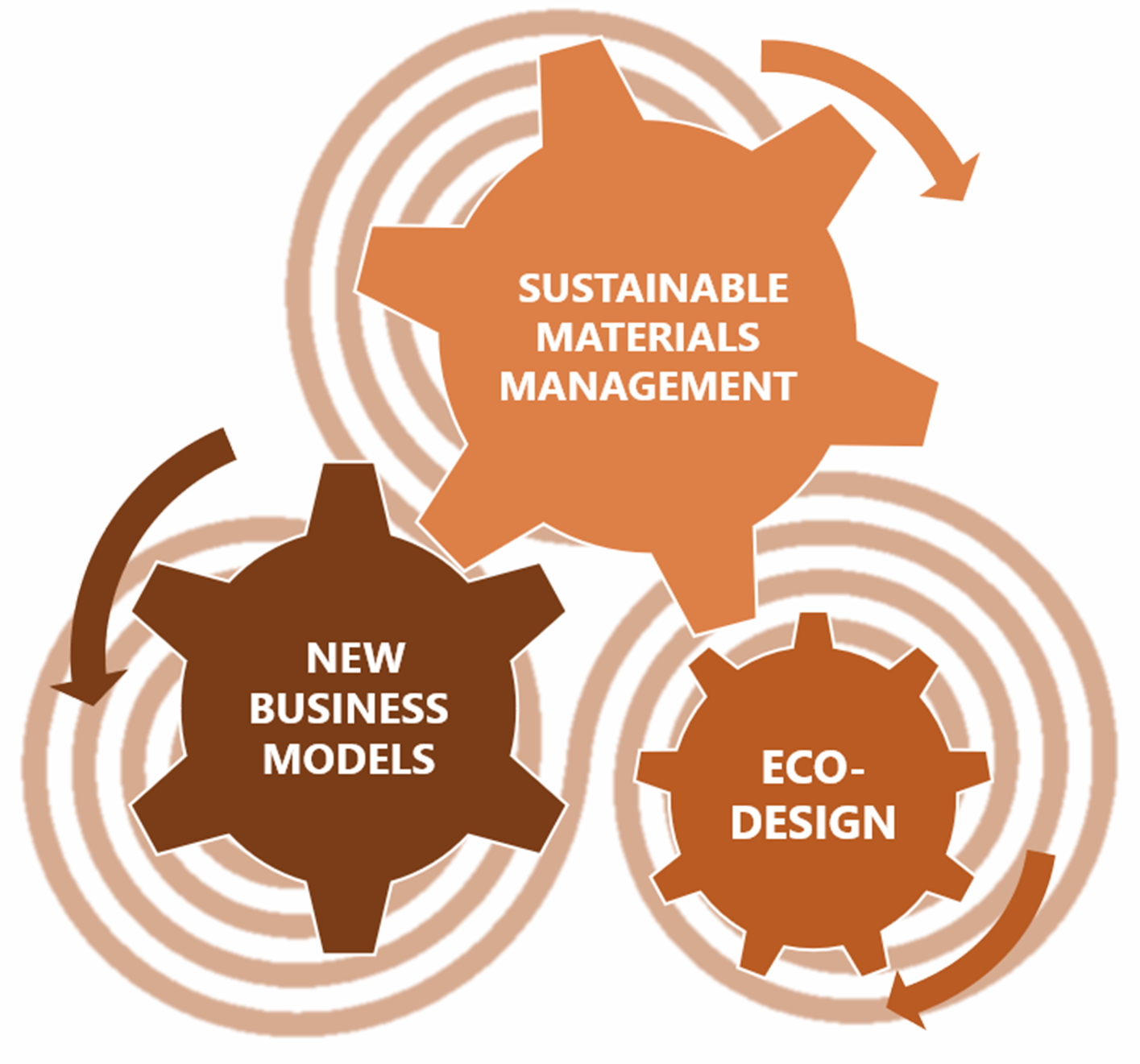Organizational Success
We focus on creating business value to help your business grow in a sustainable way. We help you understand the landscape of sustainability relative to your business. We work with you to develop meaningful strategies to advance your company and align with emerging trends such as circular economy, the UN Sustainable Development Goals, or other initiatives important to your company.
Aspire Sustainability focuses on creating business value – directly and indirectly – employing:
• Customized sustainability strategies & solutions
• Credible, science-based corporate goals & metrics
• Improved supply chain sustainability programs
• Efficient energy, water & waste reduction strategies
Aspire Sustainability offers strategic, dedicated expertise at a variety of engagement levels ranging from focused projects to sustainability guidance and program development. Many companies do not require a full-time sustainability team, yet can benefit from a trustworthy, expert resource on a part-time or on-call basis. We are available to serve you in any combination of these capacities and are deliberately flexible to ensure that we meet your needs. Let us be your sustainability experts. We are the sustainability resource you can grow with.

invisible
Sustainability Strategies and Solutions
Corporate Social Responsibility (CSR)
Corporate Goals and Metrics
Supply Chain Sustainability
Energy, Water and Waste Reduction Strategies
invisible
Life Cycle Management (LCM)
Life Cycle Costing (LCC)
Natural Capital Accounting
Certifications, Green Rankings, Professional Memberships
Some common examples include Leadership in Energy and Environmental Design (LEED), Fair Trade Certified, B Corporation, USDA Organic, Forest Stewardship Council (FSC), WaterSense, and Green Seal.
Customer and Stakeholder Engagement
Communication, leadership, and collaboration strengthen your company’s credibility, relationships, and integrity. We understand the importance of meaningful engagement with a variety of stakeholders, including customers, shareholders, regulators, competitors, and more. With our broad industry experience, we are able to bring big-picture thinking to help you identify multifaceted opportunities to connect – from active engagement in professional organizations to third party certifications and distinctions to leadership in trade associations. Let us support your outreach efforts.

invisible
Life Cycle Management (LCM)
Life Cycle Costing (LCC)
Natural Capital Accounting
Certifications, Green Rankings, Professional Memberships
Some common examples include Leadership in Energy and Environmental Design (LEED), Fair Trade Certified, B Corporation, USDA Organic, Forest Stewardship Council (FSC), WaterSense, and Green Seal.
Customer and Stakeholder Engagement
Communication, leadership, and collaboration strengthen your company’s credibility, relationships, and integrity. We understand the importance of meaningful engagement with a variety of stakeholders, including customers, shareholders, regulators, competitors, and more. With our broad industry experience, we are able to bring big-picture thinking to help you identify multifaceted opportunities to connect – from active engagement in professional organizations to third party certifications and distinctions to leadership in trade associations. Let us support your outreach efforts.

invisible
Net Zero
Net Zero is an approach that emphasizes a systems view to strive for net zero environmental impacts (e.g., water, energy, and emissions) in companies, buildings, and communities. This strategy is attained by a combination of deliberate design and operation activities such as reducing consumption (energy and water) and increasing efficiency (energy and water), onsite reuse (water and waste), and generation (renewable energy).
- Energy: Zero energy buildings combine energy efficiency and renewable energy generation to consume only as much energy as can be produced onsite through renewable resources over a specified time period.
- Water: Net zero water is an analogous concept to net zero energy. Through a combination of rainfall harvesting, aggressive conservation, and water recycling, buildings can achieve self-sufficiency from the water “grid.”
- Carbon Emissions: Carbon neutrality, or having a net zero carbon footprint, refers to achieving net zero carbon emissions by balancing a measured amount of carbon released with an equivalent amount sequestered or offset, or buying enough carbon credits to make up the difference.
Zero Waste
UN Sustainable Development Goals (SDGs)
The Sustainable Development Goals (SDGs) are a universal set of 17 goals and 169 targets and indicators that UN member states will be expected to use to frame their agendas and political policies over the next 15 years. This set of goals, which is a follow-up to the Millennium Development Goals, aims to end poverty, protect the planet, and ensure prosperity for all by 2030. We can help align your company’s values and materiality to address the relevant goals in a meaningful way in support of this sustainable development agenda.
Net Positive Movement and Handprints
An inspiring initiative emerging in the global marketplace is the concept of Net Positive, along with a similar effort known as Handprinting. These concepts are about giving back more than you take. It is about not just doing less bad or reducing your impacts but deliberately having a positive impact with your company’s operations and products, with your employees and suppliers, in your communities, and on our planet.
Circular Economy
A circular economy is an alternative to a traditional linear economy (make, use, dispose), in which we strive to keep resources in use for as long as possible, extract the maximum value from them while in use, then recover and regenerate products and materials at the end of each service life. A circular economy is restorative and regenerative by design. We can advise and support your efforts to create new business models, identify opportunities and risks around materials and end of life recovery options (reuse/re-design/recycling), and incorporate eco-design elements into your product sustainability strategy.
Our experts support innovation and environmental leadership across organizations serving varied customer segments and market regions around the world. Here are examples of how environmental sustainability efforts can help enable business success for you:
Brand Image
- Brand image of your products
- Brand image of your company
Competitive Advantage
- Counter a competitor offering green products
- Position using sustainability features & eco-labels
Stakeholder Engagement
- Influence wiithin your industry or at a policy level
- Influence with your customers and community
Cost Reduction
- Lower materials/supply chain expenses
- Reduce manufacturing and operating costs
Product Differentiation
- Gain market share based on environmental attributes
- Gain price differential based on environmental attributes
Customer
- Address customer interest in environmental aspects
- Meet customer requirements for sustainability issues
Risk Reduction
- Identify & mitigate environmental risks
- Avoid potential future liability
Regulations and Standards
- Prepare for changing sustainability regulatory landscape
- Meet industry standards, such as sustainability metrics



